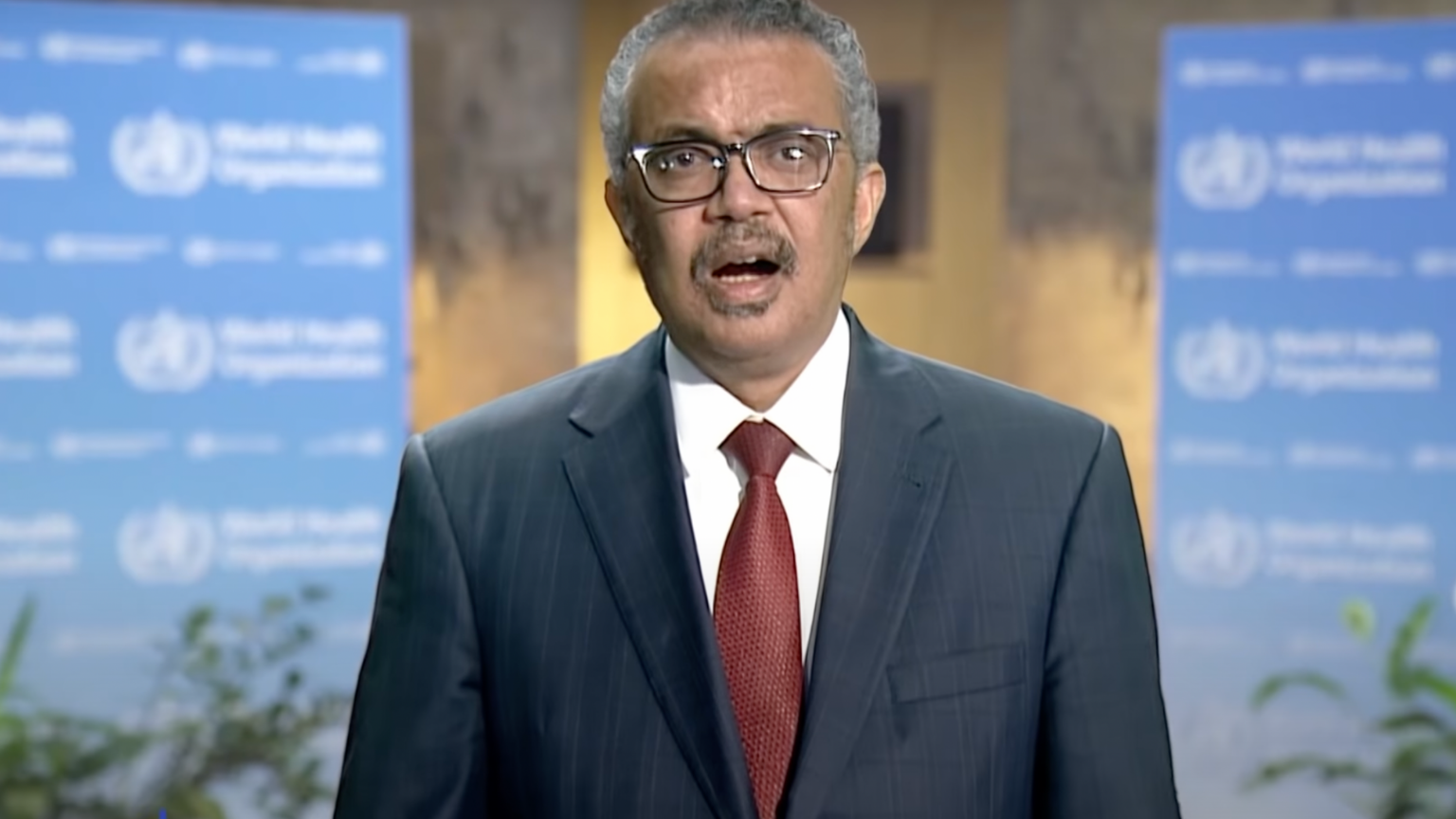Facebook announced it’s partnering with leading health organizations, including the WHO, and experts in other industries, to help solve “vaccine hesitancy.”
The coalition, called the Alliance for Advancing Health Online, was announced via a blog post on Facebook’s Newsroom. The purpose of the alliance is “to advance public understanding of how social media and behavioral sciences can be leveraged to improve the health of communities around the world.”
Facebook’s partners in the initiative include, the WHO, the CDC Foundation, the Bay Area Global Health Alliance, the MIT Initiative on the Digital Economy, Merck, Sabin Vaccine Institute, the Vaccine Confidence Project at the London School of Hygiene and Tropical Medicine, and the World Bank.
Facebook and pharmaceuticals giant Merck have each committed $20 million to the “multiyear initiative.” For now, the alliance will “focus on addressing vaccine hesitancy and vaccine equity among underserved communities.”
Vaccine proponents see negative online conversations about vaccines as an issue.
“Social media is a powerful, constantly evolving tool that is shaping opinions and behaviors across the globe,” said Heidi Larson, PhD, head of the Vaccine Confidence Project at the London School of Hygiene and Tropical Medicine. “The Alliance will help us build a deeper understanding of the dynamics of health communication online and how the global community can use social media to improve health.”
Critics, and vaccine skeptics, will argue that the purpose of the initiative is to control or change people’s “health behavior.” And they will not be wrong. Merck’s press release about this new initiative states that “the Alliance intends to create a global network of centers of social media and health research focused on improving health behavior via online platforms.”
Others will be suspicious of the whole alliance because of WHO’s involvement. The global health organization has been the subject of controversy in the past year because of its contradictory guidelines on the pandemic. Most notably, the organization deemed the lab leak theories false, leading to accusations that the organization was trying to protect China.






















